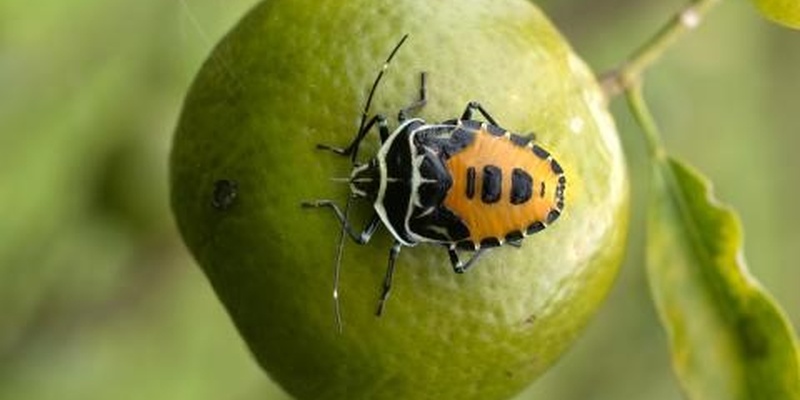Successful Completion of Trainings on Phytosanitary Capacity Evaluation Facilitators under Support of STDF Project 401 Phase I)
Posted on lun, 20 Fév 2017, 09:37

Photograph: Copyright G.N. Alit Susanta Wirya
The IPPC Secretariat has successfully completed the first phase of the STDF401 project Training of Phytosanitary Capacity Evaluation (PCE) Trainers, with 40 phytosanitary experts well trained from over 36 countries, plus 21 lawyers from 13 countries and some FAO and IPPC staff. This project has contributed directly to this effort through the development of a pool of qualified experts to serve as facilitators of the Phytosanitary Capacity Evaluation (PCE) tool.
The first phase of the project involved making a call to identify suitable candidates and to select candidates based on rigorous selection criteria. Training materials on PCE facilitation were developed and made available in English, French and Spanish. A manual on how to set a Phytosanitary Capacity Development Strategy was developed and used as material for the trainings. A training curriculum was developed to include a pre-workshop e-learning component that provided information and testing on Results Based Management Thinking tools, Logical Framework Analysis and content covering the IPPC Convention, ISPMs, NPPOs and phytosanitary systems in general. The intensive training workshop s content included general knowledge on phytosanitary issues and PCE modules and the Logical Framework Approach and the PCE. Learning methods used included a Case Study, Group Presentations, Group interactive exercises, wrap up summaries, and tests following each sessions to validate acquired knowledge. The training also included facilitation techniques and presentation skills.
Following the training, participants were requested to assess the training and encouraged to provide feedback on their experiences with the training methods and content via survey. The feedback showed that overall, participants were extremely satisfied with the training and found it very useful. Participants were notably satisfied with the training workshop methodology and many found the pre-workshop tests extremely useful towards preparing for the training. Most participants reported that the Case Study used was very helpful in implementing what was learned, and found the trainers articulated the material clearly for easy understanding.
Following candidate selection, a pool of forty individuals was trained as PCE facilitators over the course of five intensive Training Workshops on PCE Facilitators throughout 2016. Numerous lawyers were also trained during the 4 initial days of the course and considered an integral part of the trainings, as national legislation is a critical aspect towards understanding phytosanitary systems. Subsequent to this, a first sub-pool of four individuals has been approved as PCE-facilitators according to criteria set by the projects steering committee. It is expected that over time, more and more trainees will be given the opportunity to implement a PCE.
The experience gained through this exercise will be used to highlight lessons learned, put to use all materials developed towards conducting a PCE, and develop advocacy material on the PCE to better inform Contracting Parties and FAO offices of its benefits.
The second phase of the project, to start in January 2017 will involve the facilitation of four PCE s by four of the newly trained facilitators. Barbados, Kenya and Madagascar have all planned to conduct their PCEs this year with the support of the four recently trained PCE facilitators. In each country, it is expected that each PCE facilitation will involve three missions by the facilitator. Upon completion of the PCE facilitations, facilitators will then be validated and listed in a Roster of PCE facilitators featured on the IPPC Phytosanitary Resources page. A Forum will be created on the IPP as a platform for facilitators to troubleshoot, network and stay connected.
For more information on the IPPC STDF401 Project click here.

